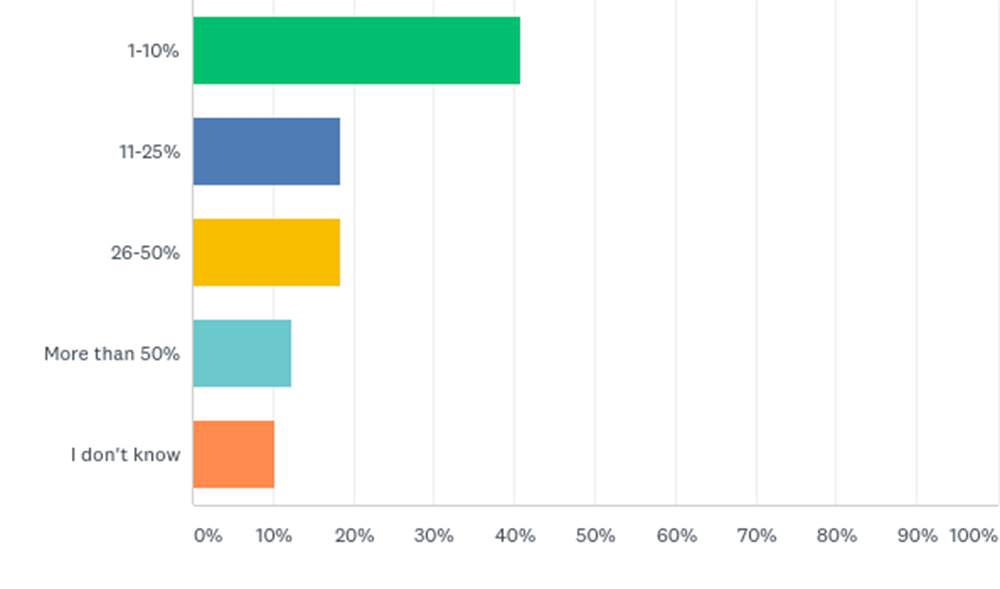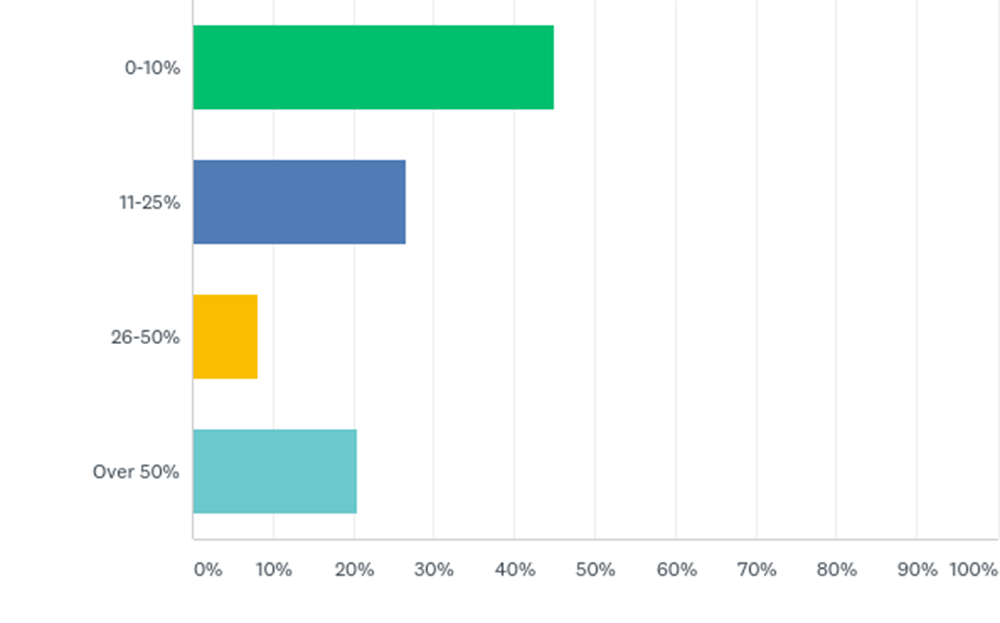Hurricane Harvey Relief and Hazards Recovery Planning

General Land Office’s CDBG Mitigation Grant programs: Competitions are open!
If your community was affected by the catastrophic floods of 2015, 2016 or Hurricane Harvey, please watch this video to learn if you are eligible to receive funding through one of the General Land Office’s CDBG Mitigation Grant programs.
The application process is now open for the first round of more than $2.3 billion for mitigation projects to protect Texas communities hit by Hurricane Harvey and severe flooding in 2015 and 2016. The Texas General Land Office (GLO) will be administering the funds allocated by the U.S. Department of Housing and Urban Development (HUD) through the Community Development Block Grant Mitigation (CDBG-MIT) program. This competition is open to cities, counties, COGs, state entities, and special purpose districts. Examples of projects include flood control and drainage improvements, infrastructure improvements, green infrastructure, public facilities, and buyouts. Each proposed project must have a total proposed cost between $3 million to $10 million, however, Hurricane Harvey related projects can seek as much as $100 million. To learn more, visit https://recovery.texas.gov/
Planning for a Wetter Tomorrow: Hurricane Harvey and Sandy Dialogue
A Resilient Rebirth for the Texas Coast
APATX held a day-long Hurricane Recovery Forum on Friday, Feb. 21 at the Rockport saltwater Pavilion in the Rockport/Corpus Christi area. This was the culmination of an APA Foundation-funded program by the Texas Chapter to foster dialogue between planners and other professionals in the Hurricane Sandy and Harvey affected regions. Panelists presented the Regional Plan Assistance team’s work in Rockport post-Harvey and a perspective on innovative land use solutions from Houston and New Jersey.

Texas General Land Office (GLO) Survey
9/9/18
The General Land Office (GLO) is dedicating $137 million in U.S. Department of Housing and Urban Development (HUD) CDBG-DR funds to conduct planning studies in the areas impacted by Harvey with the purpose of promoting sound long term recovery. This allocation is part of the $5.024 State Action Plan recently approved by HUD. For your community’s project to be eligible for these funds, it must submit a response. We urge you, and your elected officials, to take 5 minutes to respond the survey at this link: https://www.surveymonkey.com/r/HPYP5T
Hurricane Harvey Needs Survey Results
5/17/18
In the aftermath of a major disaster, it is easy to lose sight of the fact that community recovery continues long after the initial demands for food and shelter are met. Because the APA’s members are on the ground, working to keep our cities running every day, we wanted to understand the experience of community planners and other officials working toward Harvey Recovery, and ways for the Texas Chapter to support recovery efforts.
To date, 500 surveys have been distributed to APA members and participants at disaster recovery events, with an approximate response rate of 10% from communities across the affected regions. Here is a preliminary report on the results.
What is your best estimate of the percentage of people in your community that have been displaced following Hurricane Harvey?

What is your best estimate of the percentage of structures that were damaged in your community?

Please rank your needs in order of importance.

Initial Takeaways
- Small to medium sized communities were hit as hard as the big cities that receive more media attention
- Individual Assistance and Temporary Housing are reaching most communities
- Economic development and business assistance are slower to arrive
- Technical assistance and training in disaster recovery for local officials is in high demand
In the coming weeks, the Texas APA Hurricane Harvey Recovery Task Force will report out more results from this survey. These reports are meant to help members on the Coast and around the state as we seek to understand the Hurricane Harvey recovery process and the long-term needs affecting the future growth and development of Texas’ coastal communities.
Planning for Resilient Communities

This workshop will provide information, tools and resources for communities ready to take the next step in their recovery work. The target audience includes leaders of long-term recovery committees, extension agents, municipal and county recovery planners, emergency mangers and anyone else interested in hearing about promising strategies for building communities able to withstand and recover from disasters.

Buyout Workshop
The Greater Houston Flood Mitigation Consortium which includes Drs. Earthea Nance and Robert Bullard from Texas Southern University is hosting a buyout workshop. This is a not-to-miss event for environmental/disaster and housing/community development planners!
Tuesday, February 6th from 7:00-9:00pm
The BioScience Research Collaborative, 6500 Main Street
The workshop is open to the public. Disaster planners from across the country have been invited to help Houston figure out how to implement equitable buyouts of properties at extreme risk of flooding.
RSVP registrations are required even though the event is free.
Space is limited!

